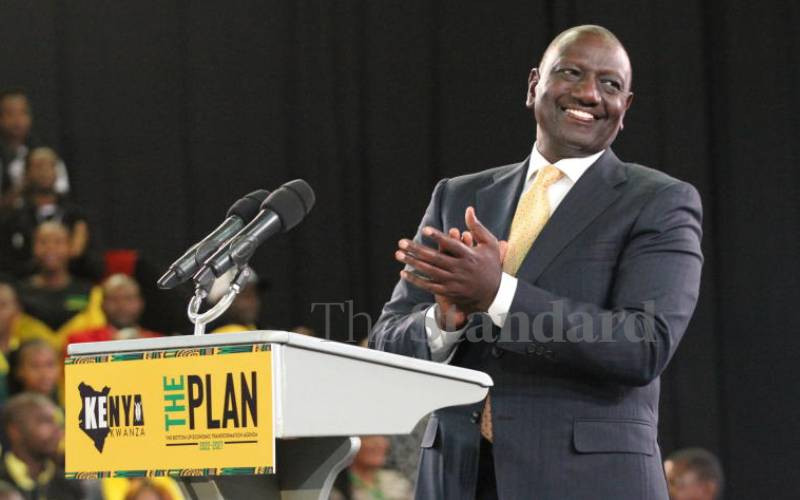×
The Standard e-Paper
Home To Bold Columnists

Leaders evolve. They are constantly reformed by experiences. Sometimes the evolution is from reflections, other times forced by circumstances.
The people's prayer is that leaders change for the better. But this is not always the case. A good leader can turn into an unrecognisable dictator. Language can change from pro-people to pro-power. A leader can move from honest to deceptive. One can shift from a man of the people to a money man.